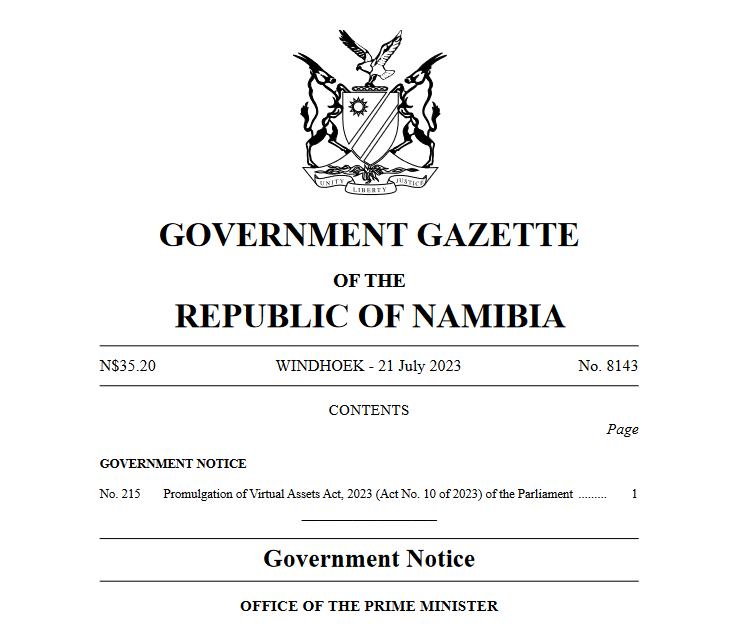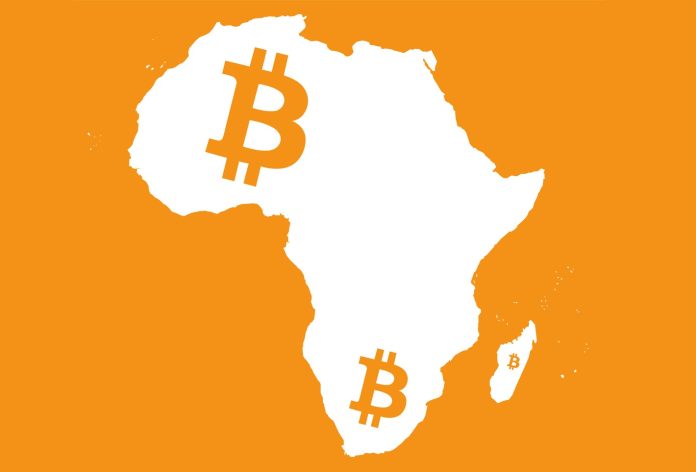Across Africa, governments are racing to establish legal frameworks for cryptocurrencies, seeking to balance rapid adoption with investor protection.
According the information Sub-Saharan Africa has emerged as one of the fastest-growing regions for crypto usage, driven by grassroots activity and retail investors.
Ghana is preparing to implement comprehensive crypto regulations by the end of 2025. The Bank of Ghana, which released draft legislation last year, aims to strengthen registration requirements for exchanges and virtual asset service providers (VASPs). Nearly 3 million Ghanaians, about 9% of the population, already engage in cryptocurrency trading.
South Africa classified crypto as a financial product in 2022, bringing it under the Financial Advisory and Intermediary Services Act. The country now licenses exchanges and VASPs, and partnerships like Ripple with Absa bank are expanding crypto custody solutions. Lawmakers continue refining regulations for cross-border crypto transfers, and the sector is projected to grow almost 8% by 2028.
Mauritius enacted the Virtual Asset and Initial Token Offering Services Act in 2022, setting clear rules for exchanges, wallets, token issuers, and custodians. The legislation aligns with FATF standards, creating a robust environment for crypto businesses.
Botswana introduced the Virtual Assets Act No. 3 of 2022, mandating registration of VASPs with the Non-Bank Financial Institutions Regulatory Authority (NBFIRA) and setting consumer protection guidelines.
Nigeria formally recognized crypto as securities under the Investment and Securities Act in April 2025, bringing exchanges and VASPs under SEC oversight. Regulators have categorized tokens into four groups to provide clarity while encouraging innovation, despite ongoing legal disputes, including a high-profile case against Binance.
Namibia passed the Virtual Assets Act in 2023, establishing licensing regimes and oversight by the Financial Institutions Supervisory Authority.

Tanzania introduced a 3% tax on digital asset transactions in 2024, requiring platforms to register as holding agents. While progress is gradual, the government is shifting from its previous ban on crypto and exploring central bank digital currency options cautiously.
Seychelles implemented the Virtual Asset Service Providers Act (VASPA) in 2024, mandating licenses for exchanges, wallets, and NFT or token issuers. Its relatively lax financial environment has attracted significant blockchain investment.
Kenya passed the Virtual Asset Service Providers Bill in October 2025, positioning the central bank to license stablecoin and token issuers while the Capital Markets Authority oversees exchanges. Officials see this as a step to make Kenya a gateway for crypto in Africa, particularly for young traders aged 18–35.
Rwanda proposed cautious crypto legislation in March 2025, licensing VASPs but banning mining, ATMs, and coin-mixing services. Regulators cited anti-money laundering concerns as central to the framework, aiming to mitigate risks while providing clear guidance to users and service providers.
Across the continent, these emerging laws highlight a shared goal: fostering crypto growth while protecting consumers and maintaining financial stability. As adoption continues to rise, Africa is positioning itself as a major frontier for digital assets.

















